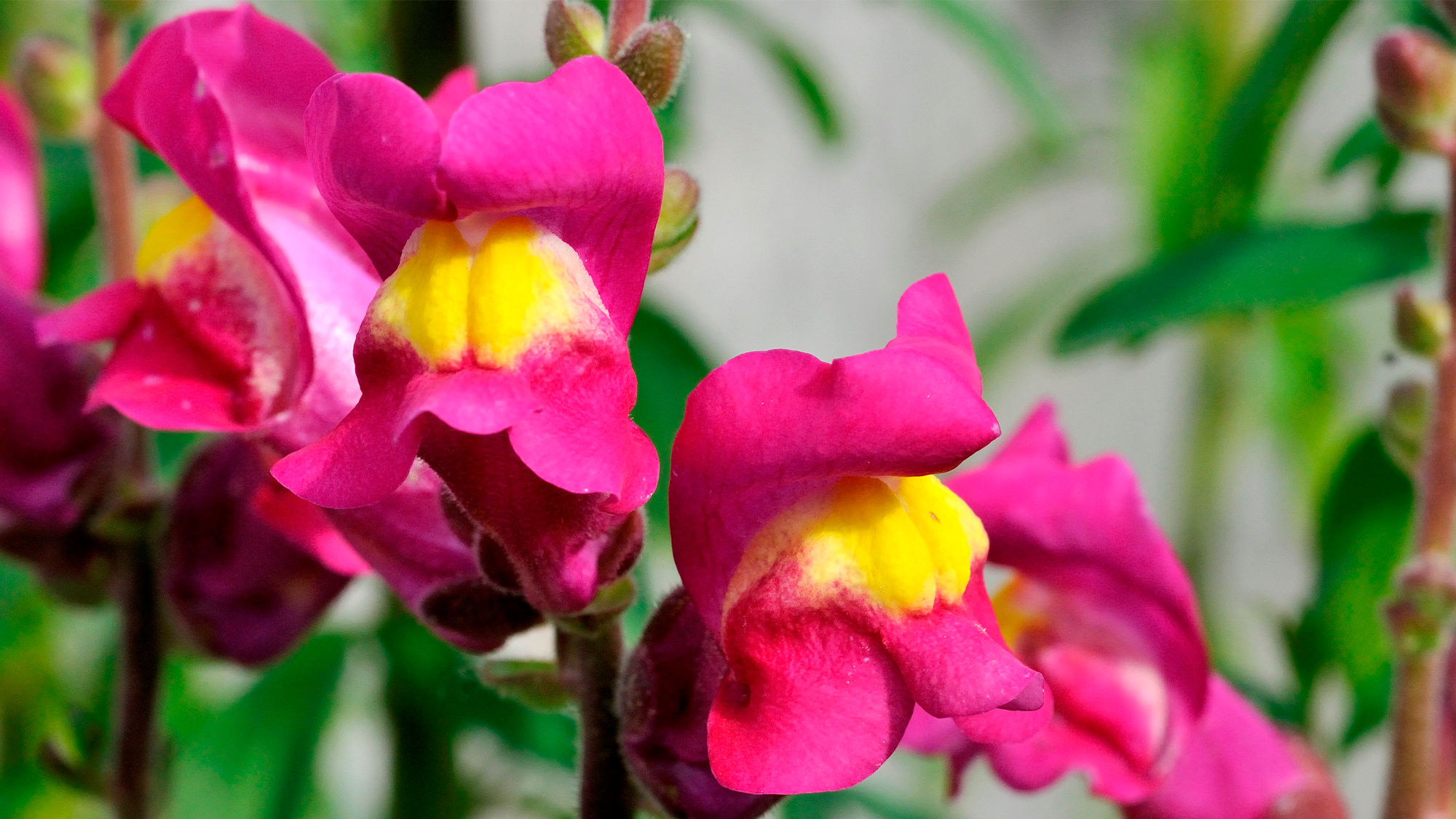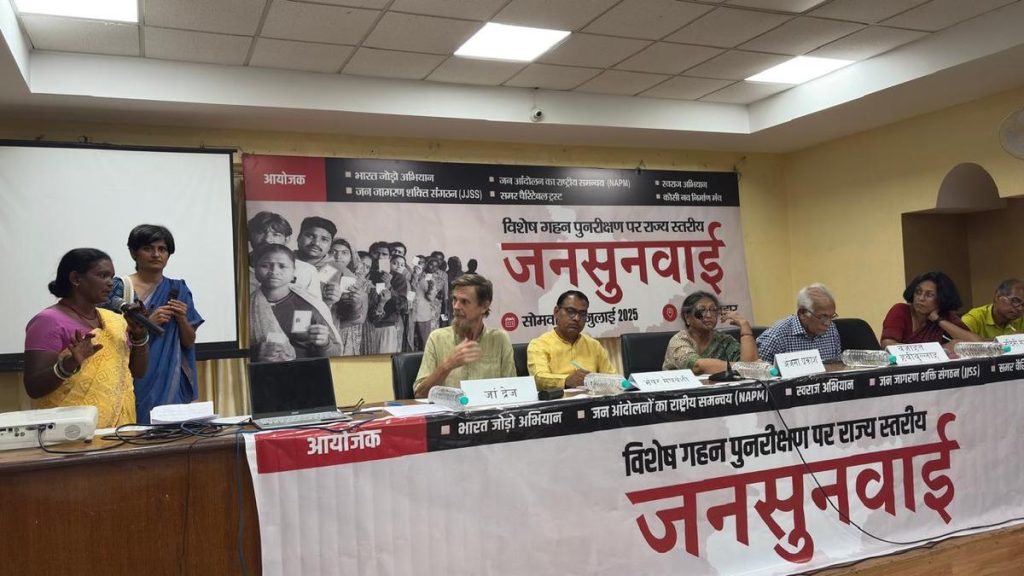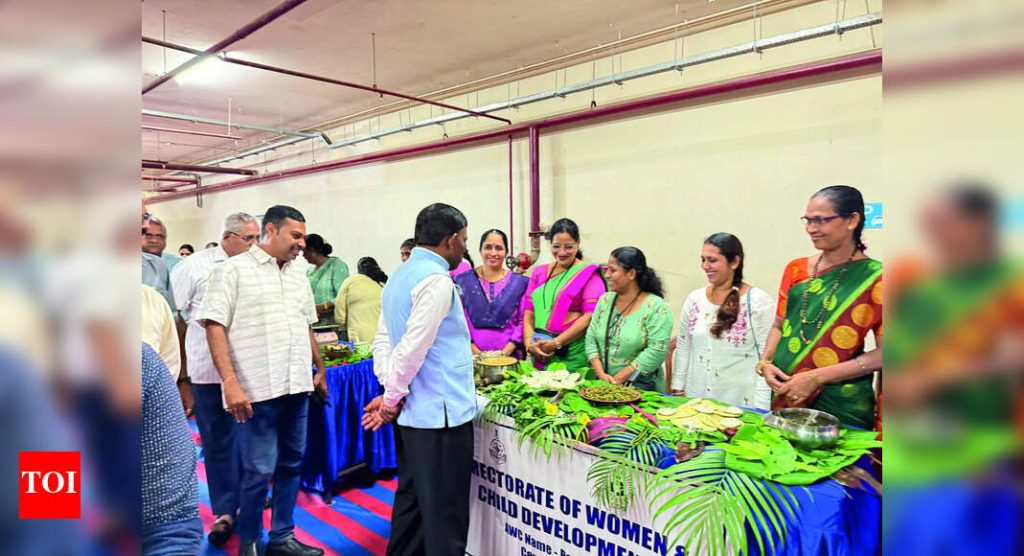Now Reading: Plants Can Detect Pollinators Through Wing Flaps
-
01
Plants Can Detect Pollinators Through Wing Flaps
Plants Can Detect Pollinators Through Wing Flaps

Swift Summary
- Research presented at the Acoustical society of America and International Congress on Acoustics highlights that plants, like snapdragons, can respond to vibroacoustic signals from pollinators such as bees.
- Snapdragons increase their sugar and nectar production when exposed to buzzing sounds from the Rhodanthidium sticticum bee, which may alter gene behavior related to nectar production and sugar transport.
- This reaction is believed to be a co-evolution strategy aimed at optimizing pollination by influencing pollinator behavior and increasing the duration of visits.
- Research poses questions about whether plant acoustics can impact insect behavior – for example, attracting suitable pollinators through sound.
- Results are not yet peer-reviewed or published in scientific journals but could have implications for using sound-based treatments in agriculture to increase crop yield via enhanced pollinator attraction.
- The study was funded by the Human Frontier Science Program as part of a collaboration between institutions in Turin, Valencia, and Sydney.
Indian Opinion Analysis
This groundbreaking study on how snapdragon flowers respond acoustically underscores natureS intricate mechanisms for supporting ecosystems essential to food security globally – including India’s heavily agrarian economy. Pollinator health is vital for crops like mustard and pulses grown widely across India’s diverse landscapes.if verified through further research, employing sound-based strategies could offer innovative agricultural solutions that strengthen productivity without relying solely on chemical interventions-a step forward in lasting farming practices amid growing environmental challenges such as pesticide impacts on bee populations.
while promising, this research remains early-stage; policymakers should be cautious before integrating it into large-scale applications until further validation occurs through peer-reviewed studies. India’s scientists might find scope here for exploring region-specific plant-pollinator interactions extending beyond snapdragons-a possibly notable avenue for aligning modern technology with conventional ecological knowledge systems.




























